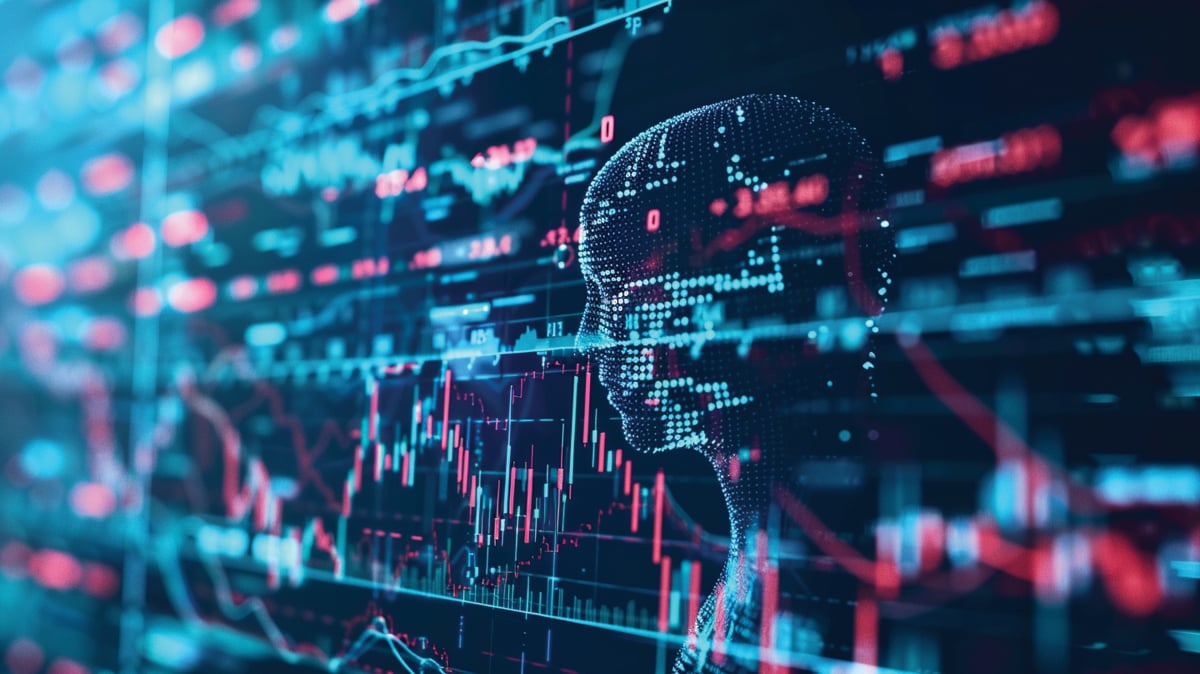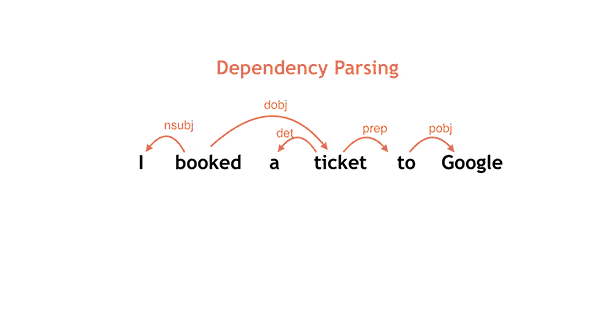Before the rise of artificial intelligence (AI), forex trading was largely a manual process where traders relied on charts, financial news, and economic indicators to make trading decisions.

This required hours of analysis, and even then, emotional biases often clouded judgment, leading to inconsistent results. Today, AI has changed the game entirely.
With the ability to analyze massive amounts of data and make decisions in milliseconds, AI has become a modern trading strategy that can process information and execute trades faster and more accurately than any human could.
Advantages of Algorithmic Trading in Forex
AI-driven trading algorithms can analyze massive datasets and execute trades within milliseconds, far quicker than any human could.
By identifying patterns and trends in historical data, AI can make more accurate predictions about future price movements. It eliminates emotional bias in trading decisions, ensuring consistent and rational trades.
Not to mention, algorithms can monitor markets 24/7, identifying trading opportunities even when traders are offline.
The Crucial Role of Forex VPS in AI Trading
While AI algorithms can significantly improve trading strategies, they need a reliable and fast environment to operate effectively. This is where forex VPS (Virtual Private Server) technology plays a crucial role:
Reduced Latency: Forex VPS servers are often located near major forex trading hubs, reducing the time it takes for trading orders to reach the market.
Reliable Uptime: A forex VPS ensures that trading platforms stay online 24/7, allowing AI algorithms to operate without interruptions from local power outages or internet issues.
Increased Execution Speed: Faster order execution is critical in a market where milliseconds can make a significant difference.
AI Trading Algorithms: An Overview
In forex trading, AI algorithms come in different forms, each offering unique ways to approach the market. Some of the most popular types include:
Genetic Algorithms:
Genetic algorithm models use the principles of natural selection to evolve and refine trading strategies over successive generations for better market performance.
Advantage: By simulating evolution, they optimize trading strategies for specific market conditions.
Machine Learning Models:
These algorithms analyze historical data to identify patterns and predict future market movements. As they are fed more data, they refine their predictions.
Advantage: Enhanced forecasting accuracy leads to better trading decisions.
Neural Networks:
Inspired by the human brain, these models recognize patterns in large datasets, identifying trends that may not be obvious through traditional analysis.
Advantage: Recognizing subtle market signals that humans might miss.
Sentiment Analysis:
Algorithms based on sentiment analysis comb through news, social media, and other text data to gauge market sentiment and predict price movements.
Advantage: Helps traders anticipate market changes influenced by global news events.
Real-World Applications and Results
Numerous traders have found success using AI and forex VPS to optimize their trading strategies. For instance, quantitative hedge funds like Renaissance Technologies use machine learning models and neural networks to analyze patterns and execute trades based on vast historical data. Their Medallion Fund is famous for its consistent profitability over the years.
High-frequency trading (HFT) firms also leverage AI to execute thousands of trades per second, exploiting even the smallest price differences. These firms rely on AI trading strategies backed by high-speed servers and stable connectivity to trading hubs, often through a forex VPS.
Looking Ahead
The future of AI in forex trading is promising. Here’s what to expect:
- With advancements in machine learning, predictive models will become more accurate and responsive to market changes.
- Quantum computing will transform AI trading strategies, enabling the processing of enormous amounts of data at incredible speeds.
- Additionally, future trading systems will be increasingly autonomous, managing entire portfolios with minimal human involvement.
To stay in the game, traders will have to ensure they’re up to date on emerging AI technologies and understand how they can improve their trading strategies.
The need to invest in high-performance infrastructure to support AI trading systems, and use AI algorithms to refine risk management strategies and protect investments will be inescapable.
With its ability to process data quickly and execute trades efficiently, AI promises a future where trading is smarter, faster, and more profitable for those willing to embrace new technologies.











